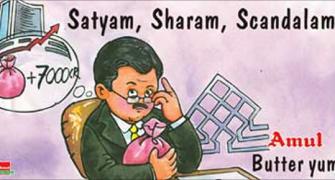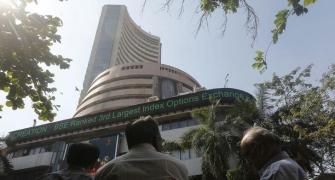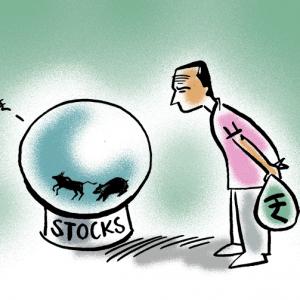Going by the provisions of the new company law, the responsibility and accountability equation for independent directors has seen a major change.

The 2009-financial fraud at Satyam had put the spotlight on the role of independent directors in the company’s board like never before.
The Satyam board had several marquee names as independent directors, including the ‘father of Pentium’ chip Vinod K Dham, the then dean of Indian School of Business M Rammohan Rao, U S Raju, a former director of IIT Delhi, Krishna Palepu, a professor at Harvard Business School.
Cut to the present, the action of independent directors continues to come under scrutiny whenever a major fraud is unearthed, or a corporate governance issue raises its head, in the company they represent.
While the independent directors of Satyam did not face any penal or pecuniary slap, their brethren today are liable to fine, and even imprisonment, for wilful negligence in their duties under the Companies Act, 2013 and the SEBI regulations.
Going by the provisions of the new company law, the responsibility and accountability equation for independent directors has seen a major change.
So have the boardroom dynamics between promoters and independent directors, with the latter being more empowered than before.
Corporate India, however, remains divided over the impact of these changes over the boardroom dynamics.
Kavil Ramachandran, who leads the Thomas Schmidheiny Centre for Family Enterprise at Indian School of Business, does not think that there has been any perceptible change in the boardroom dynamics between promoters and independent directors.
“This is because except for changes from a compliance angle, there is no noticeable change in the way promoters look at their boards or whom they choose as ‘independent directors’,” he says.
In most cases ‘independent directors’ are people known to the promoter, he adds.
Ramachandran agrees that there has been a step-up in compliance requirements since the time the new company law came into effect.
“However, most promoters still seem to think that they have the right to run the company the way they want, as long as they comply with the requirements of law in letter,” he adds.
Arun Duggal, who is a director on the board of several companies, says independent directors are now getting more involved in both governance and strategy.
“Boards are asking for and getting more exposure and interaction with senior management,” says Duggal.
According to Amit Tandon, founder & managing director, Institutional Investor Advisory Services (IIAS), a proxy advisory firm, over the last 10 years, there has been a perceptible change in the way companies and boards view governance.
“Until Satyam, most viewed governance as compliance and ticking the box. Post Satyam, boards have started to view it as a way of mitigating risk,” he says.
Tandon feels that investors today are more demanding with regard to corporate behaviour.
As a consequence, directors are finding their voice in boardrooms, he says.
“Promoters have been reined in and have learnt the value of compliance and of meeting promises,” says Shailesh Haribhakti, chairman, Baker Tilly DHC. Haribhakti says the concept of board as a team is gaining ground rapidly.
However, experts agree the needle on corporate governance needs to move further. Ramachandran says there is no point in crucifying independent directors for the deep-rooted malaise of poor governance.
Duggal feels the regulatory and legal framework, including the courts, now put excessive and onerous responsibilities on independent directors.
“This is unrealistic. They should be held liable if there is gross neglect or personal financial gratification,” he says.
Many experts, including Tandon, say that enforcement of regulations remains weak, and as a result, many companies feel they can still get away with non-compliance.










